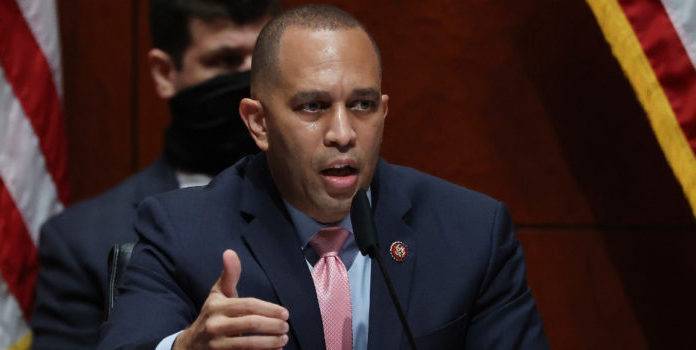(Headline USA) House Democrats reintroduced legislation this week that would set up a commission to explore whether reparations and a national apology for slavery are necessary.
Rep. Sheila Jackson Lee, D-Texas, and 52 other House Democrats introduced the legislation, which has been considered several times before, including last year when Democrats were in charge. The bill never made it out of the House Judiciary Committee.
Still, Jackson Lee said she is hopeful that Congress will move towards reparations, not just as a means of financial compensation, but also to better “come to grips with the legacy of slavery.”
“Though some have tried to deflect the importance of these conversations by focusing on individual monetary compensation, the real issue is whether and how this nation can come to grips with the legacy of slavery that still infects current society,” she said. “Through legislation, resolutions, news and litigation, we are moving closer to making more strides in the movement toward reparations.”
Jackson Lee argued that financial compensation is necessary because “economic issues are the root cause of many critical issues in the African American community today.”
“The call for reparations represents a commitment to entering a constructive dialogue on the role of slavery and racism in shaping present-day conditions in our community and American society,” she added.
Rep. Hakeem Jeffries, D-N.Y., endorsed the commission when it was proposed last year and did so again this week, arguing that black Americans still suffer from lingering effects of slavery.
“We’re not going to move on because after slavery, [there was] Jim Crow and the rise of the KKK,” Jeffries said in 2021. “And the lynching epidemic. And Plessy v. Ferguson. And Black Wall Street in 1921 destroyed.”
The legislation does not specify which kinds of financial compensation the commission will consider, or how the government will provide the compensation. All it says is that the commission must examine how to provide “full reparations” for slavery, including a “formal apology” from the government, and help determine who would be eligible for them.

